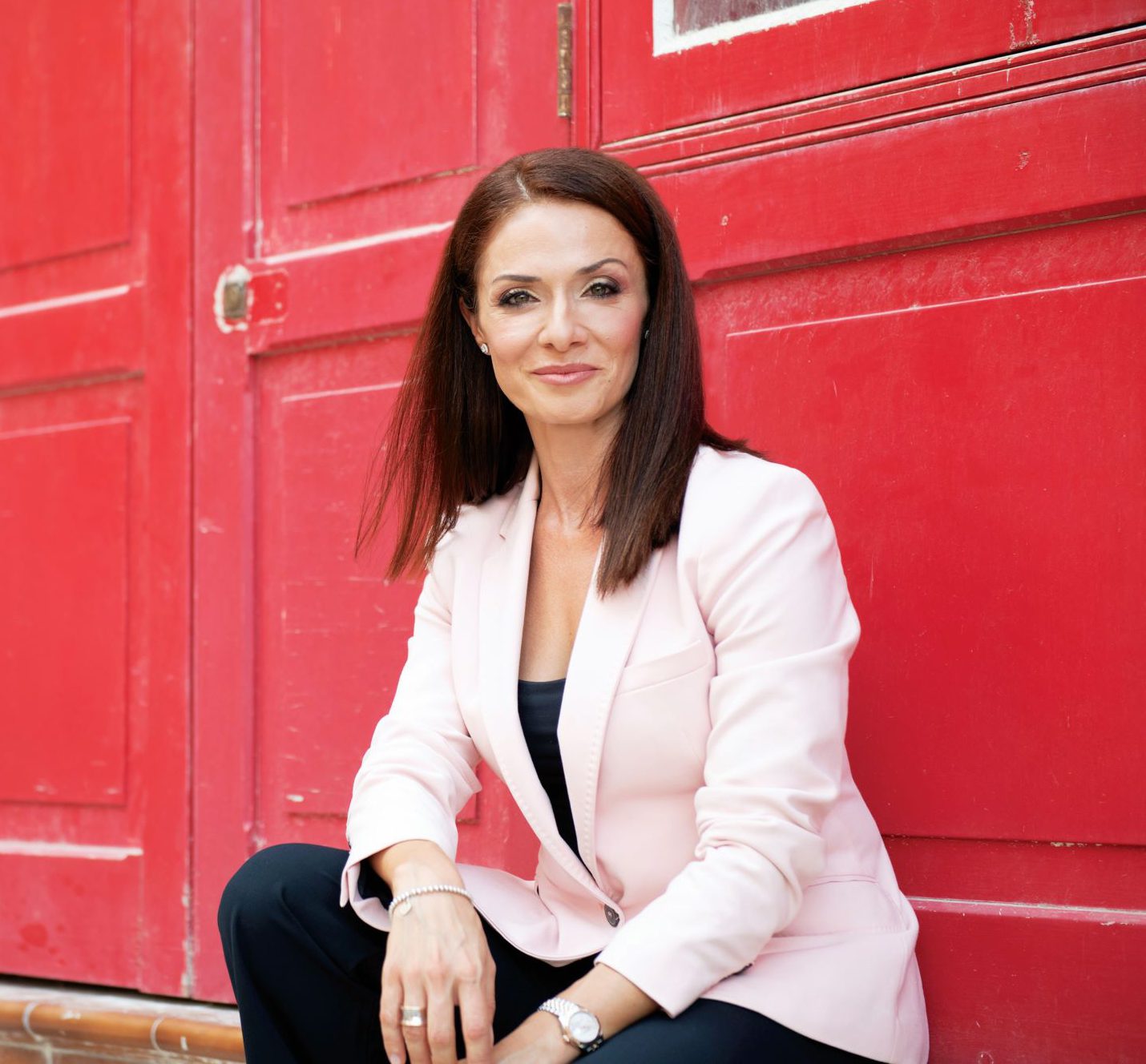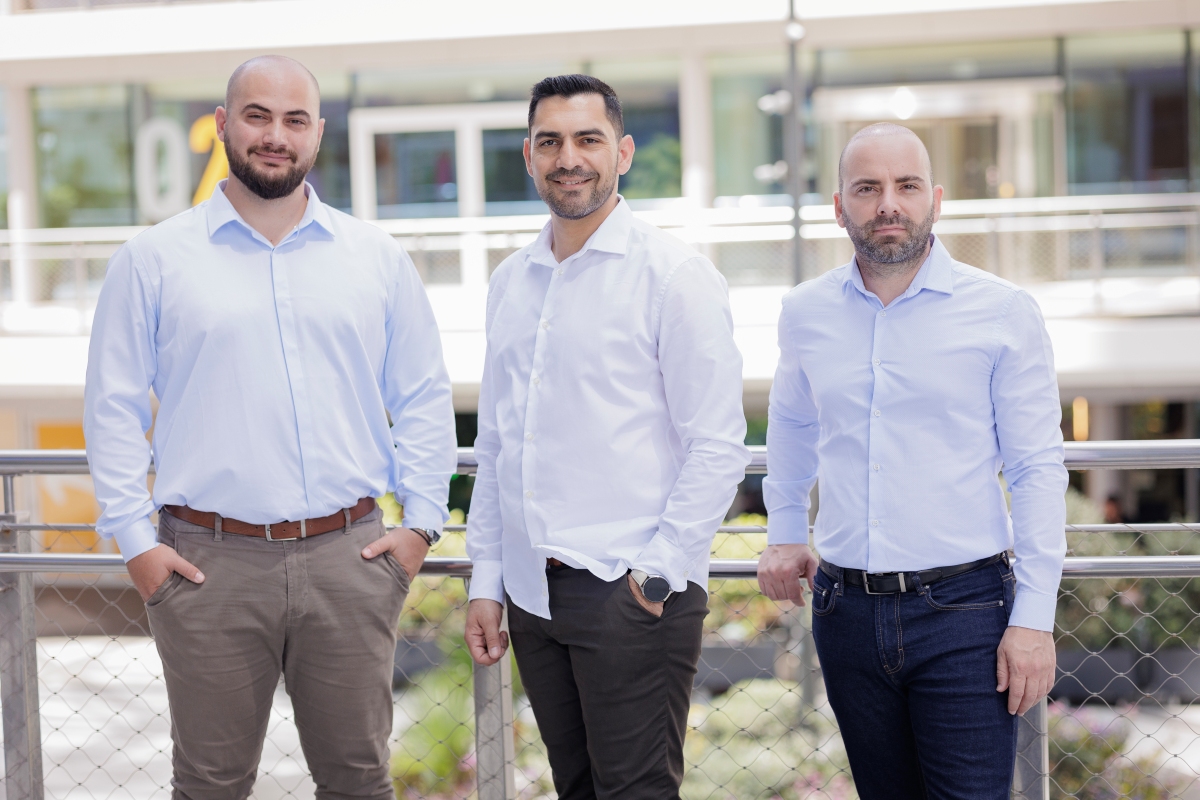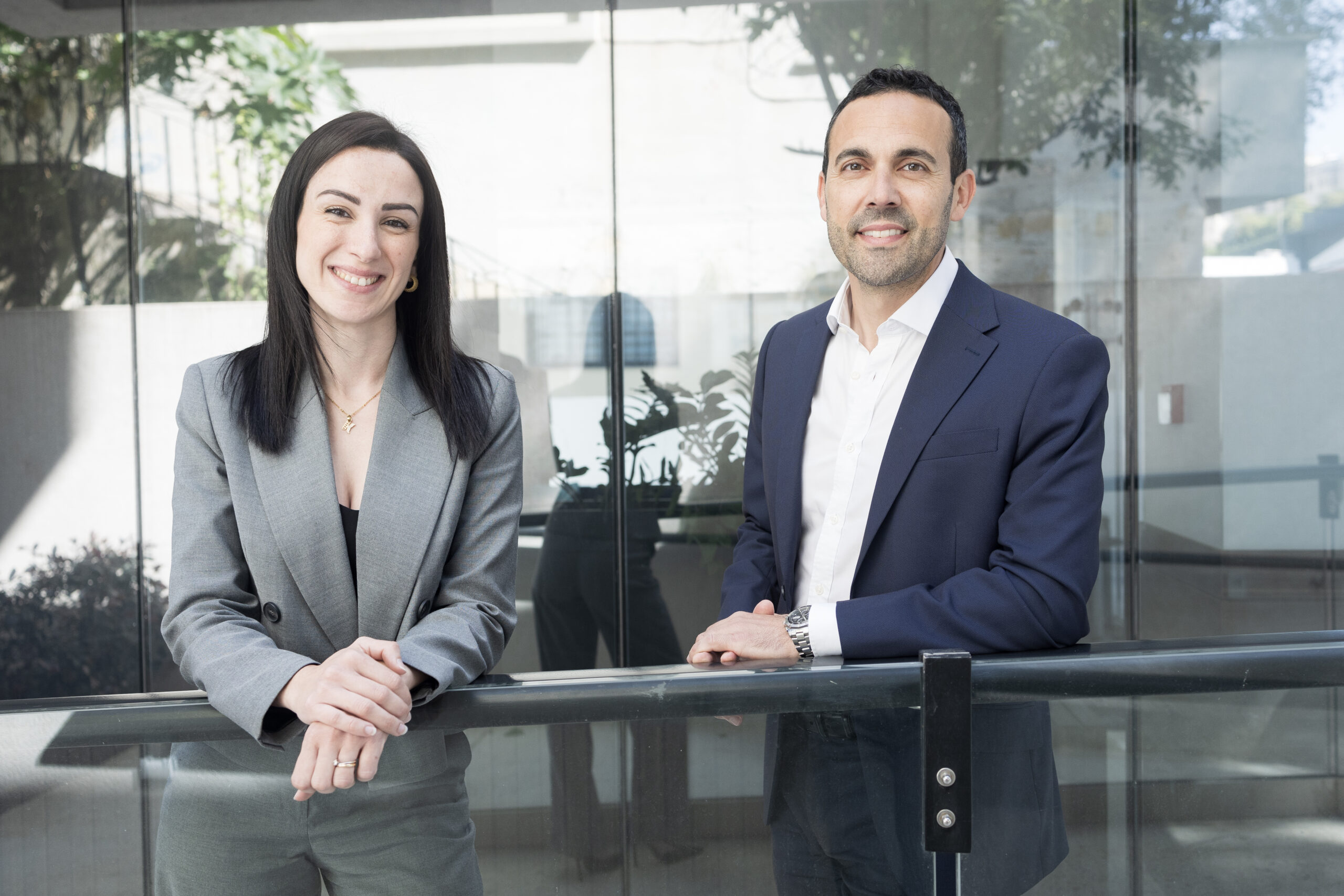During my six-year tenure at the European Parliament, I worked hard on a number of issues, particularly matters related to energy, climate change, the European Green Deal, the green economy, innovation, sustainability and emissions,” begins Miriam Dalli, addressing her appointment as Minister for Energy, Enterprise and Sustainable Development following a successful stint within the EP.
“When Prime Minister Robert Abela asked me to join his Cabinet of Ministers, he laid out his vision for a greener Malta, and the target to reach carbon neutrality by 2050. I felt it was the right time to return to the island and implement what I had learnt and worked so hard for at EU level,” she continues, adding that she is working hard to see that Government delivers economic growth “based on sustainability and the reduction of emissions to ensure social protection and environmental integrity.”
As Minister for Energy, Enterprise and Sustainable Development, several entities fall within her Ministry, and with the impact of COVID-19 continuing to be the subject on everyone’s lips, Minister Dalli spoke of Malta’s 2021 wage supplement scheme.
“We [Minister Dalli and Malta Enterprise CEO, Kurt Farrugia] sat down with stakeholders to ensure that we are supporting businesses in the manner they actually require at this point in time,” she says, highlighting the primary ways the scheme differs from the system adopted last year.
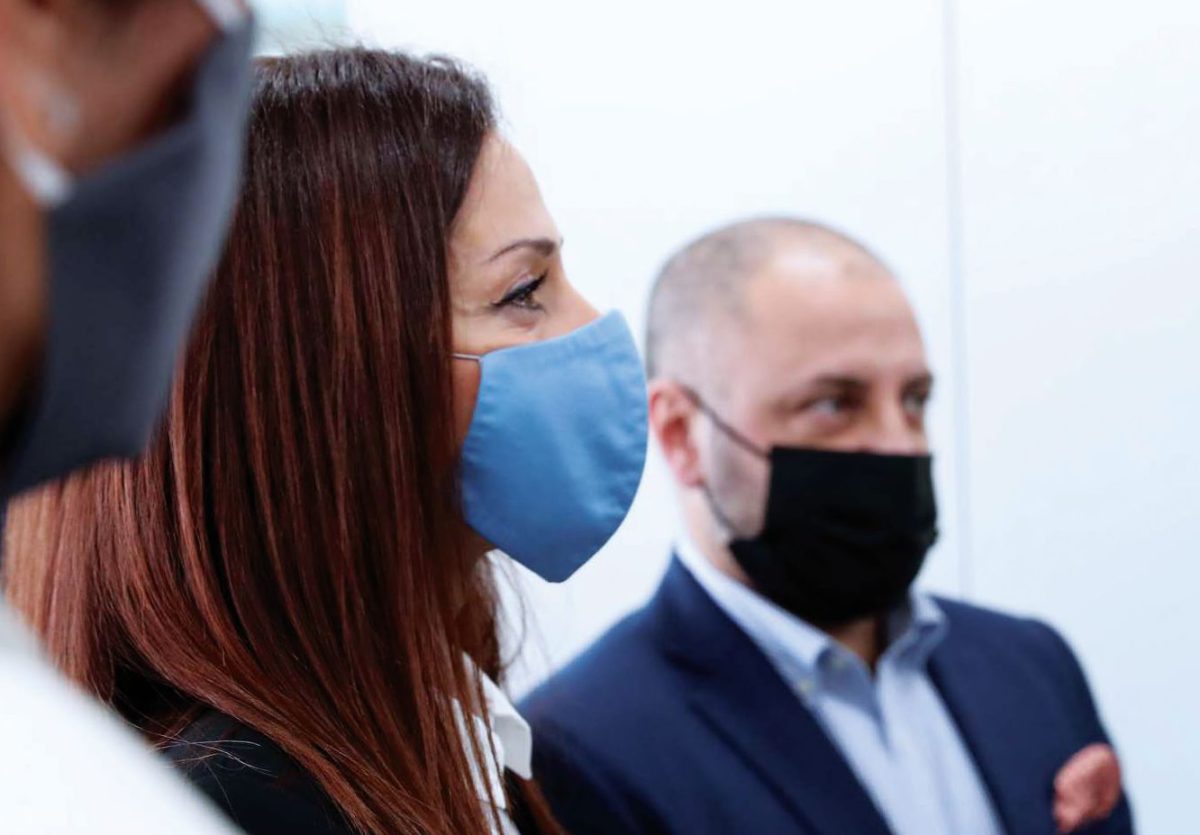
“Different businesses have different needs: some require immediate support like the wage supplement, others need support to help re-engineer, regenerate or diversify their operations,” Minister Dalli asserts, explaining that the scheme was amended in a way that assists hardest hit businesses, as it is worked out according to their comparative turnover between April and October of 2019 and 2020.
Using this methodology, businesses that registered a minimal drop in sales of less than nine per cent, or those that registered an increase in sales, do not form part of the wage supplement scheme. “The revised scheme also allows employers to include essential employees who were replaced,” Minister Dalli adds, and this applies from June 2020. “The system here recognises that we have businesses that can’t operate without certain employees, and we want to continue supporting these companies as well.”
Acknowledging the need for continued measures that can incentivise businesses – not only to protect jobs but also to create them – the Minister for Energy, Enterprise and Sustainable Development admits that “the pandemic has evidently accelerated the pace of industrial transformation on a global scale and in an irreversible manner. Leveraging on our nimbleness and the entrepreneurial attitude of our business community is pivotal for the evolution of our enterprise in the years to come. My intention is to ensure that Government policy remains supportive of this entrepreneurial mindset, particularly during these challenging times for our SMEs.”
Sharing her thoughts on the future of local enterprise in a post-COVID world, Minister Dalli believes that successful businesses will include those enterprises that are truly committed to digitalisation and sustainable investment. “This is also the reason why I truly believe that we can convert today’s challenges into tomorrow’s opportunities,” she notes, highlighting the European Green Deal and Malta’s commitment to its sustainability objectives as crucial enablers of this transformation. “Our aspiration is for a modern, stronger and greener Maltese enterprise,” the Minister affirms.
Indeed, it comes as no surprise that the woman described as Europe’s ‘Eco-Warrior’ following her stint within the European Parliament holds the environment and climate change close to heart, and plans to utilise her role to bring about tangible change on a local level.
“Through the European Parliament I had the opportunity to actively bring about change through a number of legislations, including those tackling pesticides, single use plastic and reducing CO2 emissions from cars and vans. Now, I want to do the same in Malta and Gozo. I want to help attract new firms and sectors that can help drive innovation and sustainability; I want to see our own local companies tap into the new possibilities which the Green Deal and digitisation bring about,” she attests, adding that for decades, the island’s firms have been the drivers of the transformation of Malta’s economy.
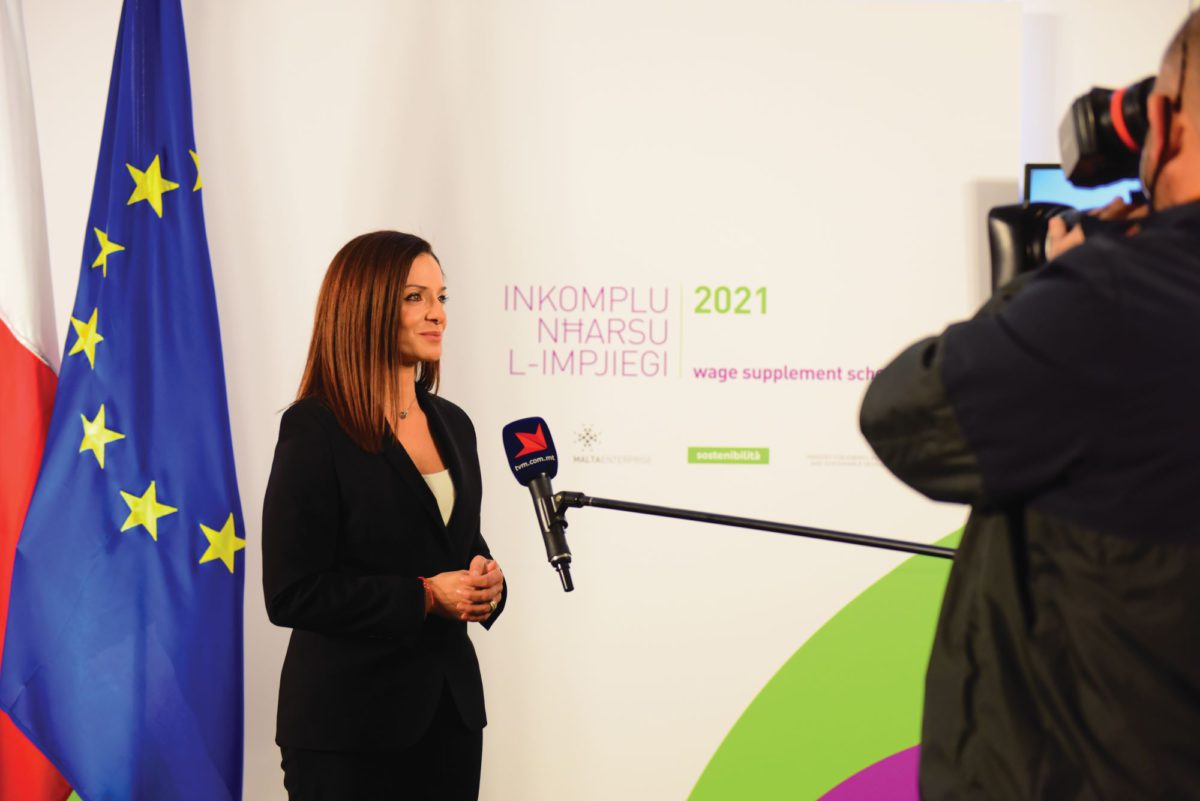
“I encourage them to champion the adoption of new technology and innovative practices – a successful economy is one that is quick to adopt new technologies and I believe our firms can do that.”
Despite praising the last Budget’s initiative for green bonds, Minister Dalli also calls for more investment in the green economy, stating that greening business models will only happen if we ease the flow of investments from green-conscious investors to companies that want to pursue sustainable projects.
“Green bonds are very effective investment tools that do just that and which we are currently working on,” she notes, maintaining that other European countries are making use of these investments to finance both public spending and private investment in green projects. “Bonds are the most popular investment vehicle in Malta, and indeed, were pivotal for the financing of our companies in the last two decades. I believe that with a strong green bond framework, we can replicate this success by financing green and sustainable projects, particularly at this important juncture of the economic cycle,” the Minister says.
Asserting that the investors’ appetite is there, and that new regulatory developments in the financial industry are also directing institutional capital towards green projects, Minister Dalli expounds, “our job as policymakers is to allow for this capital to flow towards eco-entrepreneurs and green projects. Ensuring proper access to green capital is a win-win; it would unleash a strong, eco-friendly growth potential for Maltese companies, whilst truly enabling the country to achieve its sustainability objectives.”
At EU level, Minister Dalli recently called on the Energy Council of Ministers to support a carbon neutrality strategy that addresses the different realities of the European member states, noting that “we still do not have a level playing field”, particularly when calculating emission reductions.
There are countries with vast amounts of land that can easily be turned into renewable energy farms, as opposed to our reality in Malta. Then, there are those that still use coal, and so the moment they switch to cleaner fuel, their drop in emission rates will be striking,” she posits, yet still wants Malta to be ambitious in seeking innovative technology, both when it comes to electricity generation and the efficiency with which we ensure our journey towards carbon neutrality.
“The European Commission cannot just present a one-size-fits-all plan. Take Malta and Gozo for example, with their limited connection to the continental grid. The European Commission must take into account the realities that the Southern member states face when policies and programmes are planned and formulated,” Minister Dalli quips.
Moving forward, the Minister for Energy, Enterprise and Sustainable Development shares her primary objectives for the island, viewing Malta as a centre of excellence for testing new products. “Take the testing of solar-powered vehicles for example. Prototypes are already being manufactured but they need the right climate to test them out. Our islands provide 3,000 hours of sunshine a year, with a topography that maximises battery usage,” she maintains.
Apart from this, Minister Dalli would like to see Malta open up its manufacturing sector, enhancing its role in the supply chain and positioning itself as a resilient trading network. Unsurprisingly, she is also keen on helping to change mentalities on environmental protection.
“Unfortunately, there are still a number of enterprises that consider a greener economy a limitation to economic growth. We are working on a plan that will help diversify our energy mix further, providing companies and households with the necessary support to invest in renewable energy whilst helping make our buildings more energy efficient,” she notes, adding that while there’s a long way to go, she feels that Malta is prepared to walk this path.
“The younger generations yearn for more green projects; entrepreneurs and certain industries have the potential to tap into new high-quality jobs. I intend to make my Ministry the driving force to help us get there.”
This interview was first carried in the February/March edition of the Commercial Courier
Malta’s next leap: Secured
How ESET delivers enterprise-grade security to meet Malta’s digital ambitions
Mastering the language of business: How BELS is crafting bespoke training for a dynamic economy
BELS Malta Director of Studies Arianna Muscat on how the language school helps companies equip their teams for success.
Built differently – CLA Malta offers custom solutions in a cookie-cutter landscape of tax advisory and business
Their client-centric philosophy extends far beyond conventional consultancy.


